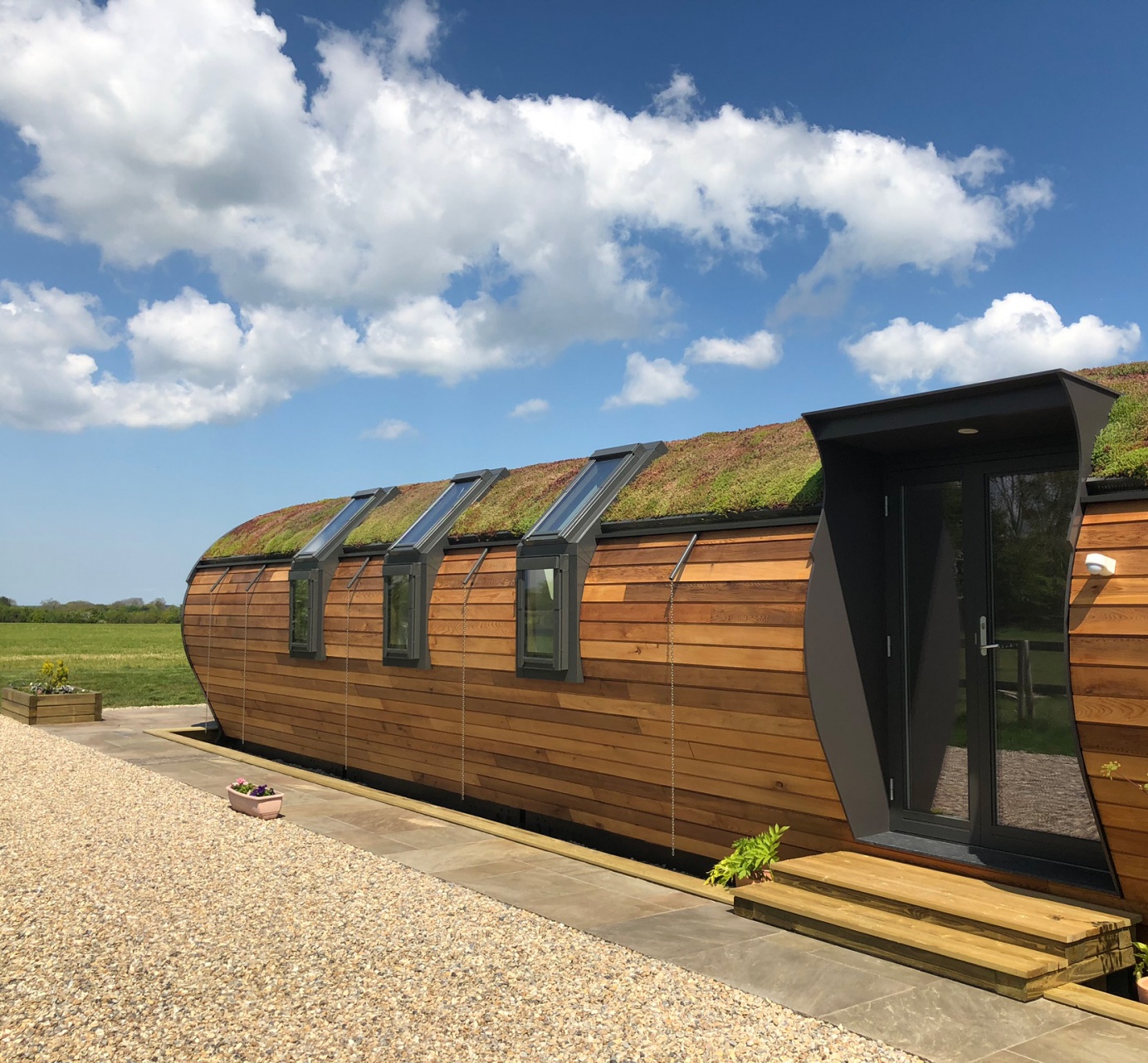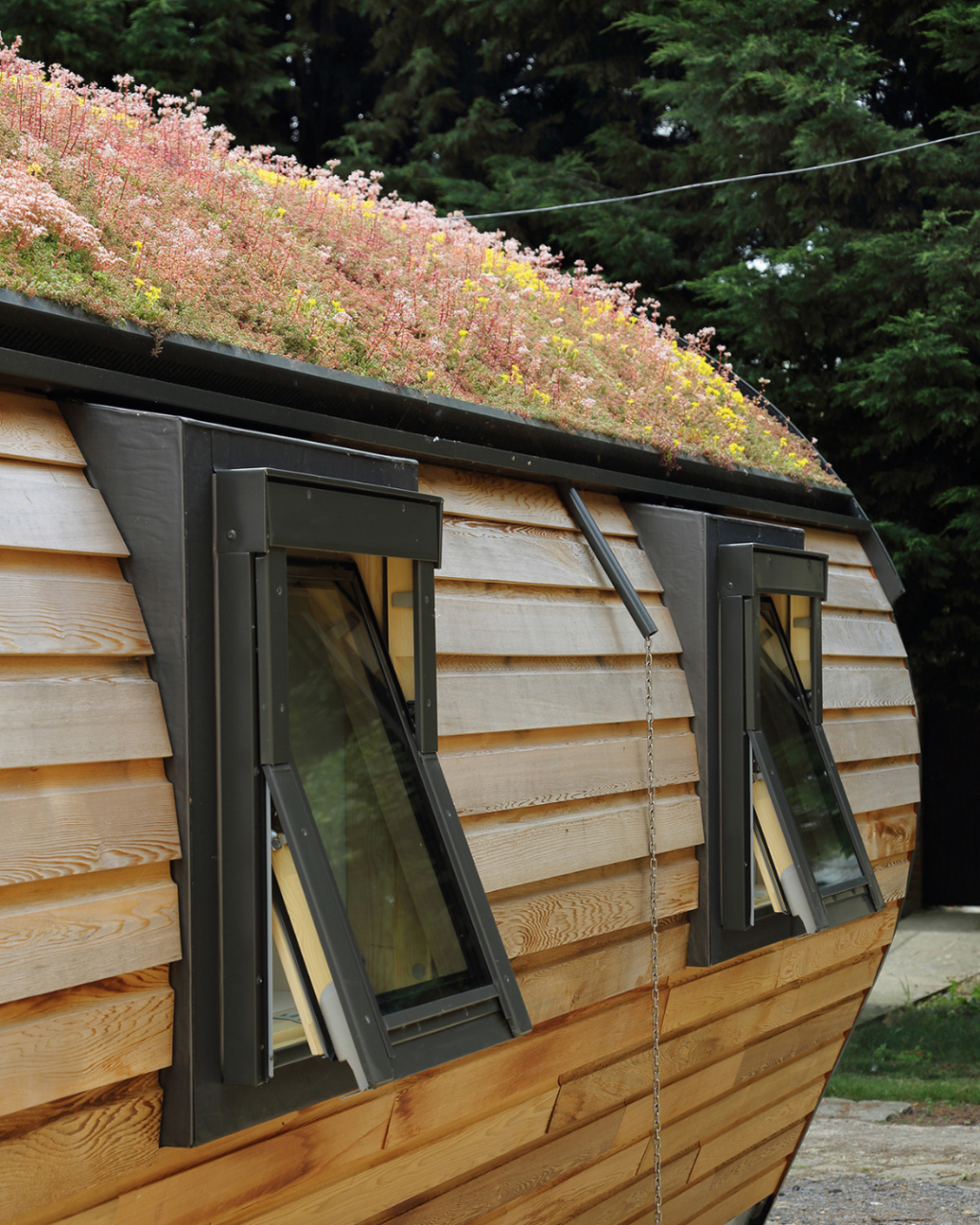Rooftop Gardens - Yes or No?
Rooftop gardens have introduced a completely new vision of urban living and homeownership over the last few decades. These elevated green spaces have transformed neglected and underutilised rooftops into vibrant hubs of life and functionality. For people living in towns or cities, as well as homeowners, the opportunity to create lush, productive, and eco-friendly gardens above street level offers possibilities far beyond the usual bounds of gardening and landscaping. But the question remains — does a rooftop garden suit your needs, priorities, and lifestyle?
In this article, we’ll explore what rooftop gardens are, their benefits, and the challenges that might come with creating one. This way, you’ll understand whether this growing trend fits your vision for an ideal living space.
What Is a Rooftop Garden?
Rooftop gardens, also known as green roofs, are gardens installed on a building's roof. This marks a sharp departure from traditional ground-level gardens. These gardens can be constructed on flat (or slightly sloping) roofs and typically include soil, plants, and additional features such as seating or pathways. Container gardening or permanent setups provide space for growing fruits, flowers, or trees. Whether you want to create an urban oasis or install solar panels alongside greenery, a rooftop garden can completely redefine your roof space.

Why Consider Building a Rooftop Garden?
Rooftop gardens provide distinct benefits compared to ground-level gardens. Not only do they allow for the maximisation of unused space, but they also offer a relaxing green environment, connecting people with nature. Here’s why you should consider it:
-
More space: If you live in a city with limited outdoor space, utilising your roof offers a perfect opportunity to practise rooftop gardening. This can be done in wooden boxes or a garden box setup while enjoying stunning city views.
-
Aesthetic value: A carefully planned rooftop garden can significantly enhance your home’s beauty. Whether you prefer modern garden design or a more natural aesthetic, there’s no doubt that eco roofs are visually stunning.
-
Wellness benefits: Access to nature is proven to boost mental health. Tending to plants on your rooftop is a great stress reliever and a perfect way to add moments of mindfulness to a busy lifestyle.
What Are the Environmental Benefits of Rooftop Gardens?
Beyond their aesthetic and wellness advantages, rooftop gardens offer numerous environmental benefits:
-
Urban cooling: Rooftop vegetation absorbs heat, helping to reduce the temperature of the building and the surrounding urban area.
-
Improved air quality: Plants act as natural air filters, removing pollutants and contributing to healthier, more breathable surroundings.
-
Stormwater management: An eco roof absorbs rainwater, reducing runoff and playing its part in water management for high-density areas. Unlike conventional impermeable roof surfaces, where water flows freely into drainage systems, rooftop soil and plants store water and allow for its gradual release, helping to mitigate immediate runoff into rivers and drainage systems.
Can a Rooftop Garden Help Reduce Energy Costs?
Yes! Energy savings are a significant benefit of a green roof, as it improves the insulation of your home. The vegetation and soil of a rooftop garden provide natural cooling during the summer months, reducing the need for air conditioning. In winter, they act as excellent insulation against heat loss. Combined with practical solutions like solar panels, this setup optimises energy efficiency for the entire house while creating a sustainable and enjoyable living space.
What Are the Key Challenges in Creating a Rooftop Garden?
While the benefits of rooftop gardening are numerous, it’s essential to understand the challenges:
-
Structural integrity: Not every roof is designed to support the weight of soil, planters, and water. A structural engineer should assess the load capacity of your roof before you begin. Professional advice is essential to ensure safety and compliance.
-
Waterproofing: High-quality waterproofing layers are necessary to prevent leaks and seepage into your home. Without proper waterproofing, issues could arise sooner than you think.
-
Maintenance: Unlike conventional gardening, rooftop gardens require regular maintenance, such as managing irrigation systems and conducting frequent inspections to ensure the plants thrive and the structures remain secure.
-
Cost: The initial setup costs for a sustainable roof can be higher than those for traditional gardens. However, investing in quality materials upfront can help avoid costly repairs later.
-
Accessibility: If your roof doesn’t already have easy access, you might need to make some adjustments. Loft ladders are a classic choice for reaching the space comfortably.

Roof Windows and Rooftop Gardens
Integrating roof windows into your rooftop garden project is a great way to add versatility and functionality. Roof windows can connect your indoor and outdoor spaces, bringing sunlight and ventilation into your home while seamlessly merging modern living with nature.
If you’re considering flat-roof options, flat roof glazing or skylights are perfect for adding elegance and practicality to a sustainable roof. Enhancing your green experience, these windows not only provide natural daylight but also create easy access to your rooftop garden.
To gain more insights into enhancing your roof spaces, we invite you to explore our range of products, including roof windows and flat roof installations. Make your roof a place that’s beautiful, functional, and sustainable.






